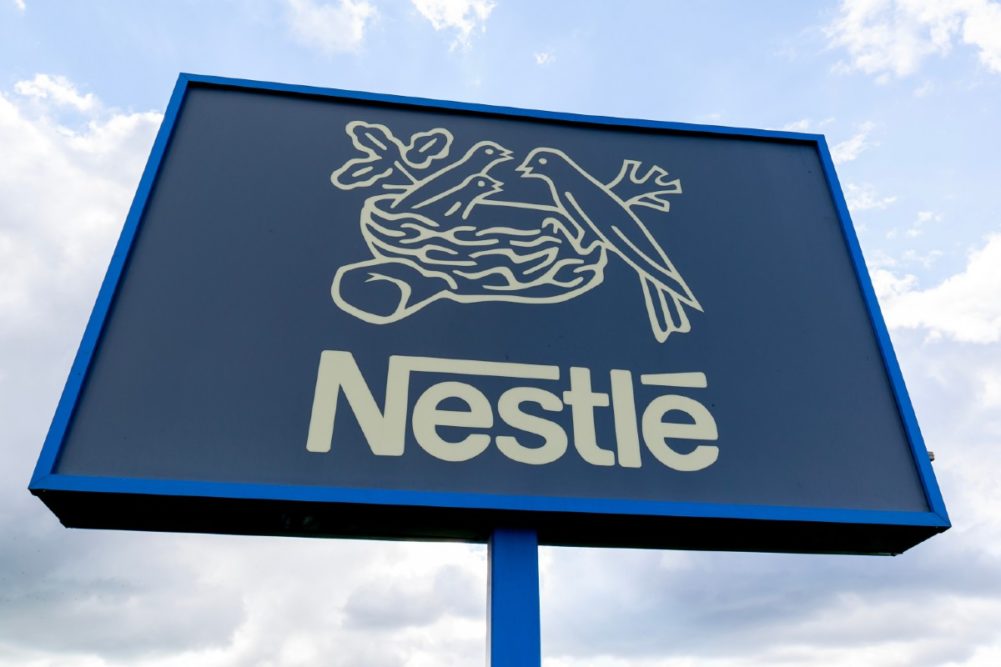VEVEY, SWITZERLAND — Double-digit sales growth in confectionery, water and pet care powered Nestle SA to a 5.4% increase in sales in the first quarter. Russia’s invasion of Ukraine added to inflationary pressures in the quarter, complicating Nestle’s pricing strategy.
Total reported sales in the quarter were 22.24 billion Swiss francs ($23.31 million) compared with 21.09 billion Swiss francs in the previous year’s first quarter. Foreign exchange decreased sales by 0.8%, and net divestitures had a negative impact of 1.3%. Pricing increased to 5.2% to reflect cost inflation.
Nestle now excludes Russia from organic sales growth because of disruptive trading conditions and the company’s decision to focus on essential food in the country, said Francois-Xavier Roger, chief financial officer, in an April 21 earnings call.
“The impact from cost inflation is expected to be significantly higher in 2022 versus 2021,” he said. “Compared to when we talked to you in February, we now expect an even greater inflationary impact as a result of the war in Ukraine.”
The war has made it more difficult for Nestle executives to share expectations on inflation, said Ulf Mark Schneider, chief executive officer.
“This is a highly volatile situation, and I think the company is fully focused on navigating this very particular circumstance where we have significant input cost inflation, and then of course, we have to take responsible pricing action, but this is not an environment where it's easy to share detailed forecasts,” he said. “And it's really literally day-to-day, week-by-week.”
He defended Nestle’s decision to continue selling food in Russia.
“It's very hard, as you can imagine, for a food company to tell them to stop supplying food, just like it's hard for a pharma company to stop making medicines or for a hospital to stop accepting patients,” Schneider said. “And for us, a presence on the ground is never just a business opportunity. It also comes with what I call extensive rainy-day responsibilities for the communities we serve.”
In the quarter strong growth for KitKat and gifted products lifted confectionery sales. Water sales rose as out-of-home channels and premium brands S. Pellegrino and Perrier continued to recover. Purina PetCare, led by the brands Purina One, Purina Pro Plan and Fancy Feast, as well as veterinary products, was the largest contributor to organic sales growth.
Sales growth was in the high single-digit percentages in coffee behind demand for Nescafé, Starbucks and Nespresso. Dairy achieved mid-single-digit sales growth thanks to strong sales in coffee creamers, ice cream, and premium and fortified milk. Supported by improved sales developments in the Americas and Europe, infant nutrition sales growth was at a mid-single-digit rate.
Nestle Health Science saw high demand for medical nutrition and healthy-aging products in achieving mid-single-digit growth. Prepared dishes and cooking aids had low-single-digit sales growth with strong demand for Maggi and Garden Gourmet.
“Categories with greater at-home consumption, such as culinary and dairy, saw softer growth over a high base of comparison, but sales remained ahead of pre-pandemic levels,” Roger said. “By contrast, categories with greater exposure to out-of-home channels and on-the-go consumption, such as confectionery and water, saw a strong recovery over a low base of comparison.”

